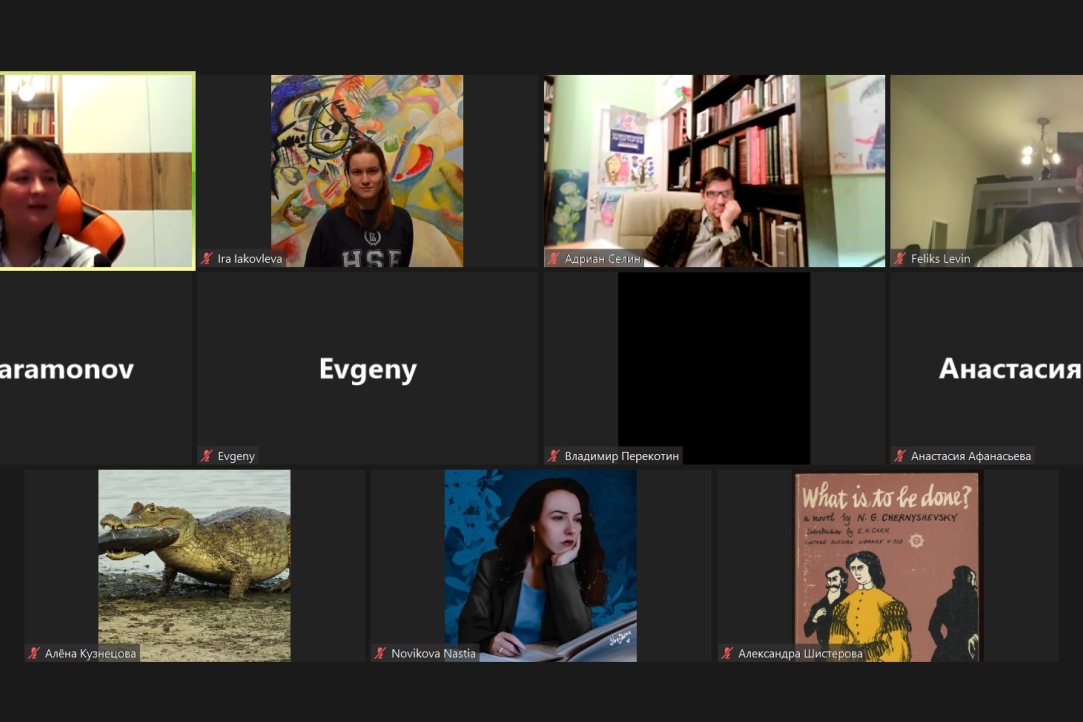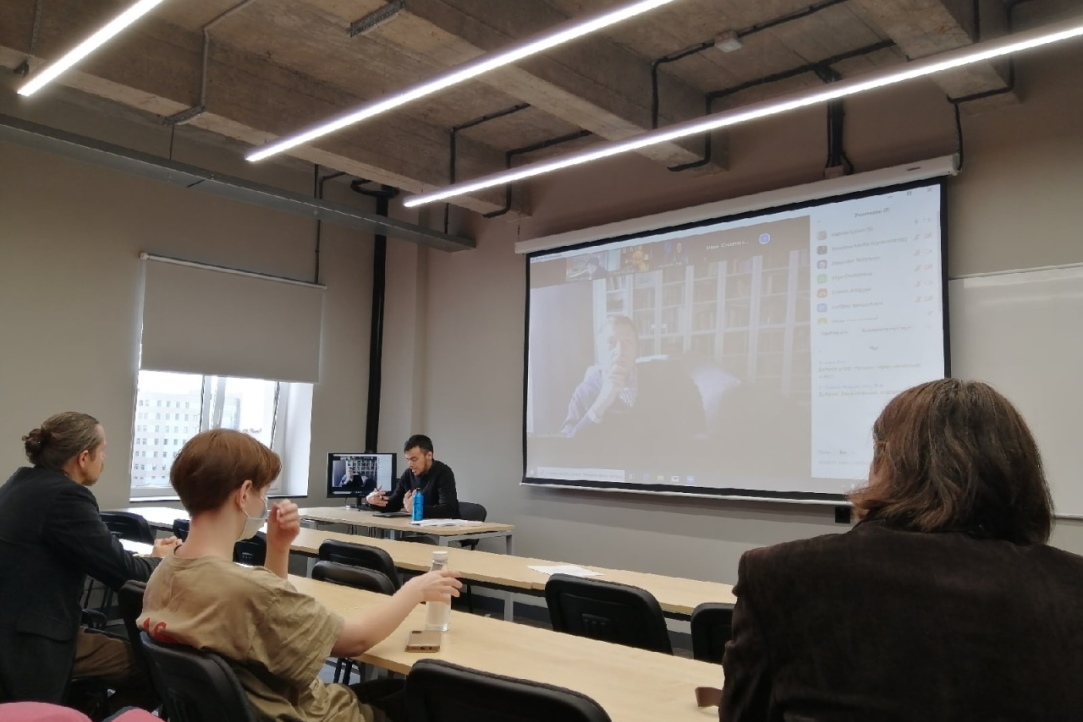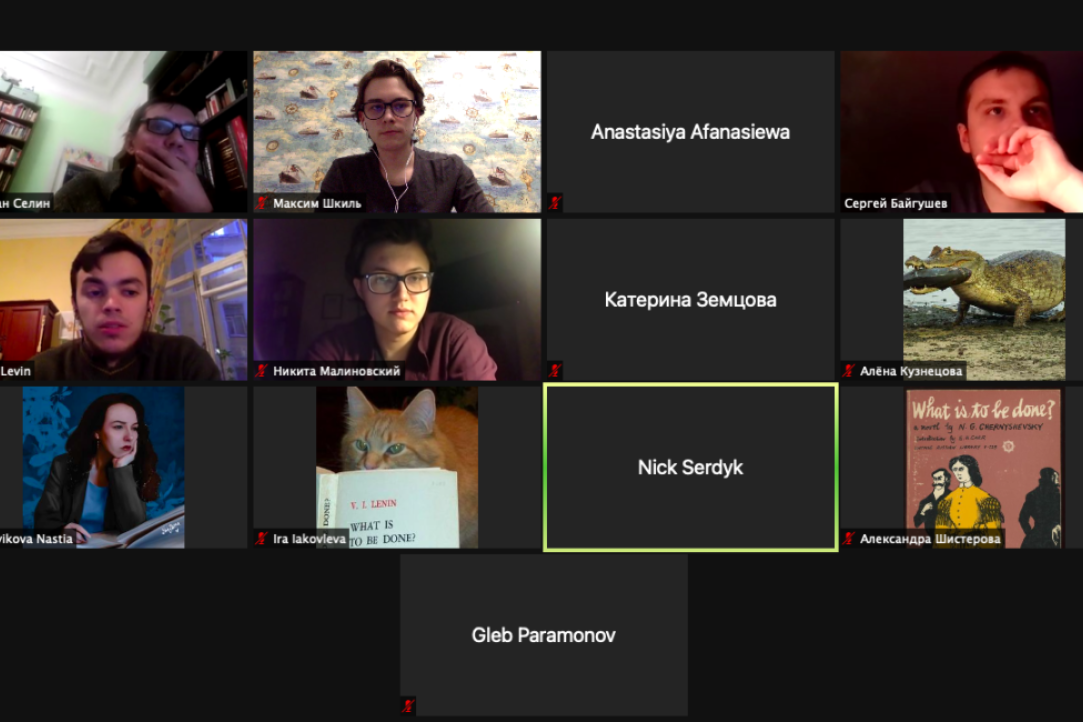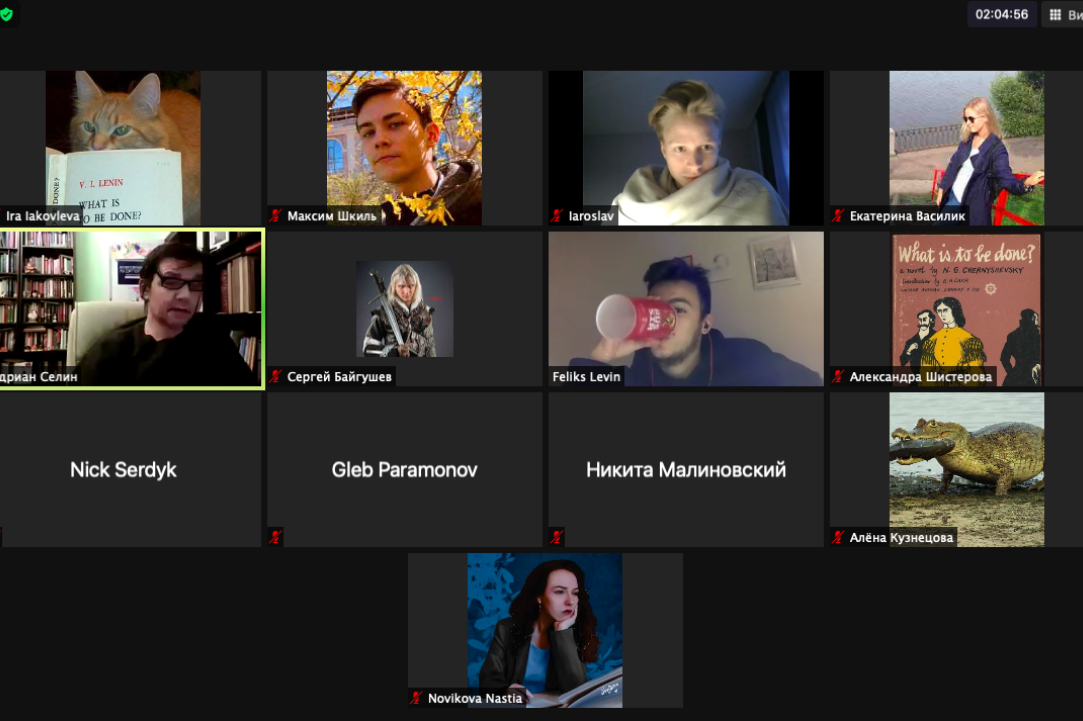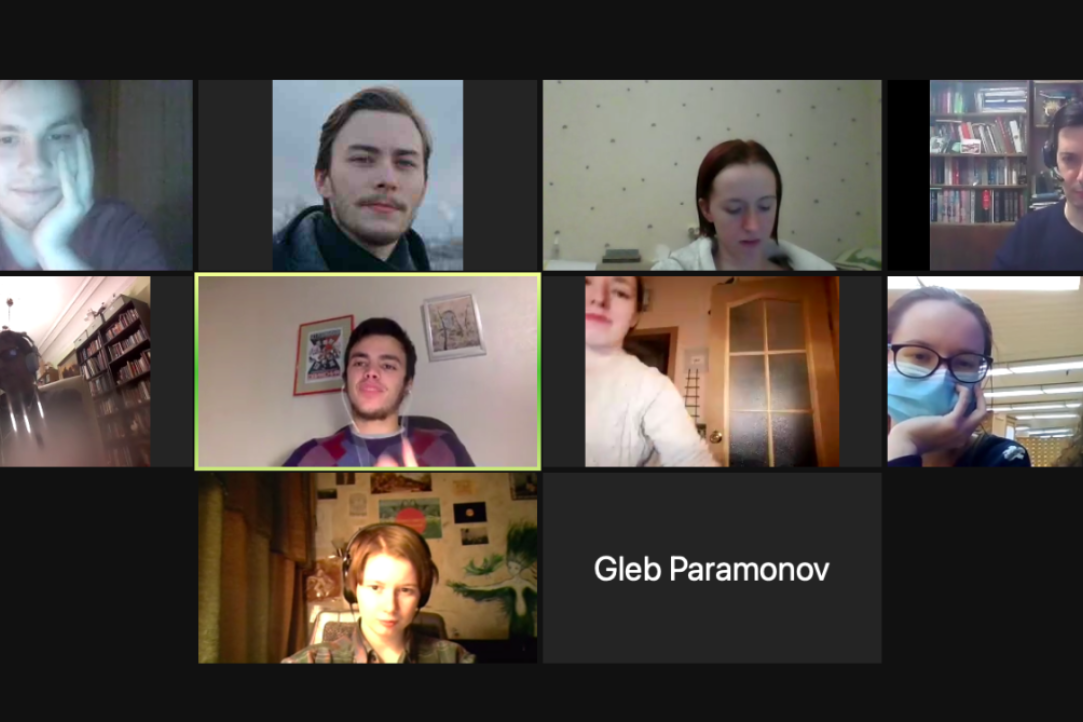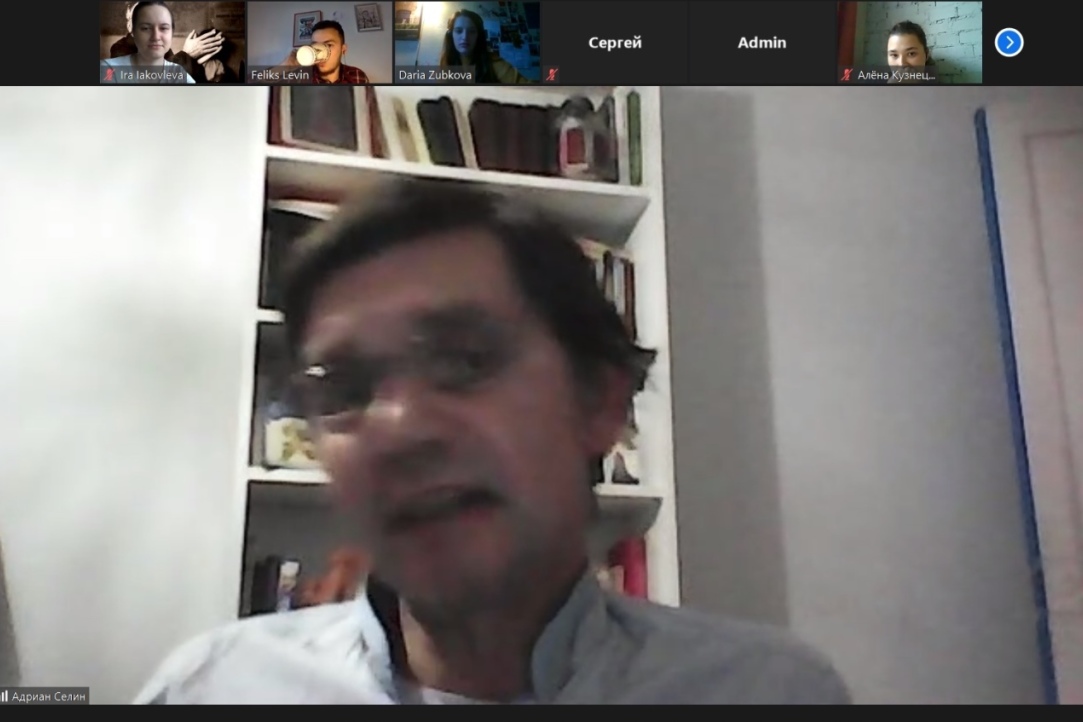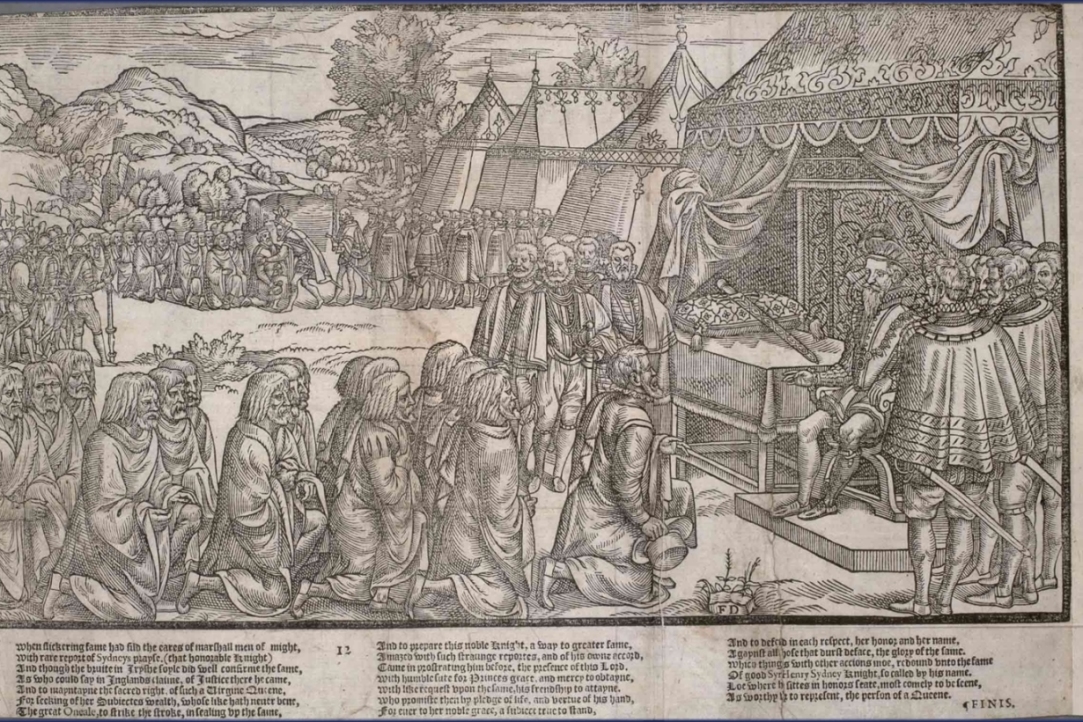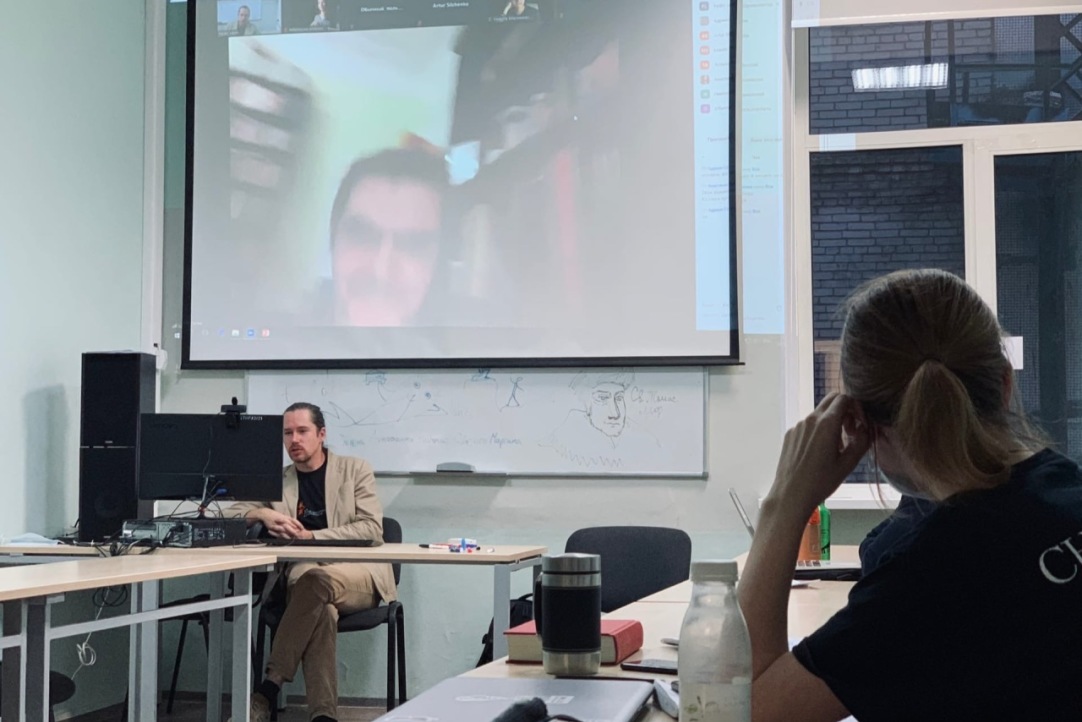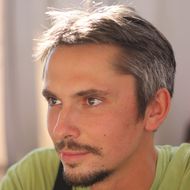Annotation of the project
In 2020-21 the objective of the research academic group «Languages for Describing the Other in Early Modern Europe: Social Contexts and Repertoires of Interpretation» is translating, comparing and carrying out discourse analysis of the sources which shed light on the issues of identification of universal linguistic mechanisms of description of European Other in the early modern time and enable to contextualise of European “ethnographic” knowledge.
Early modern European ethnographic discourses attract scholarly interest due to postcolonial turn in historiography which encouraged researchers to historicise modern colonialism and to turn to its early scenarios and discursive practices. Therefore, it is hardly surprising that scholarly literature is mainly dedicated to the images of overseas population. However, the phenomena of internal European expansion and intellectual appropriation of periphery have not been sufficiently examined. These phenomena are connected with early modern colonialism involving not only settlement and governance of territories, but also particular discourses legitimating social order and hierarchy. The purpose of the research project is to bridge this gap.
Certain similarity of languages for describing overseas and European peripheral territories is assumed to have existed since the discourses were based on the same intellectual resources (Biblical ethnography, Classical ethnography and political theory, medieval political theory). Moreover, these languages could have been interconnected because the same authors wrote about both European and overseas peoples.
The novelty of the research project lies in contextualisation of early modern ethnographic narratives, identification and consideration of universal mechanisms of construction of the Other and repertories of interpretation, and elaboration on the social contexts which defined these representations.
News
